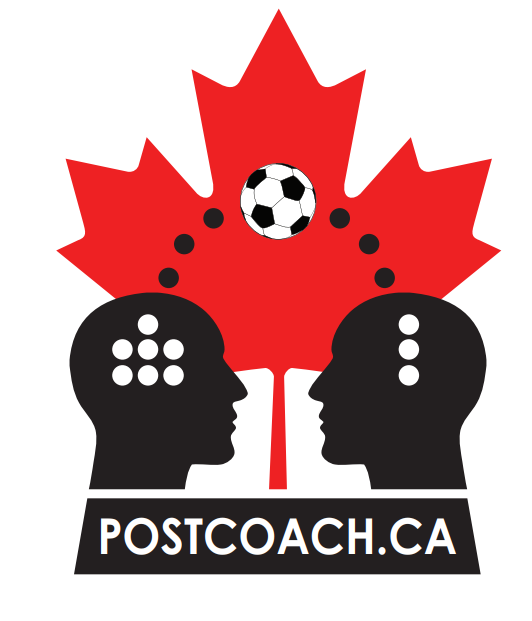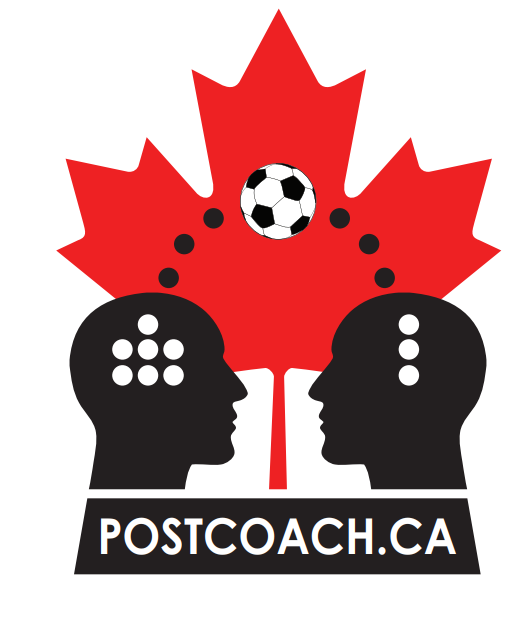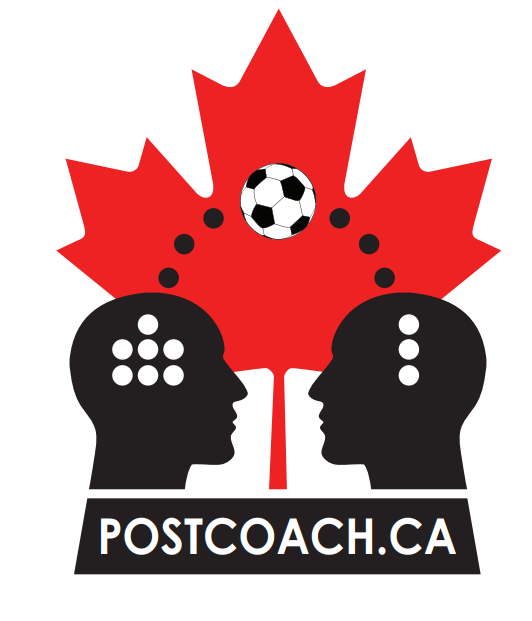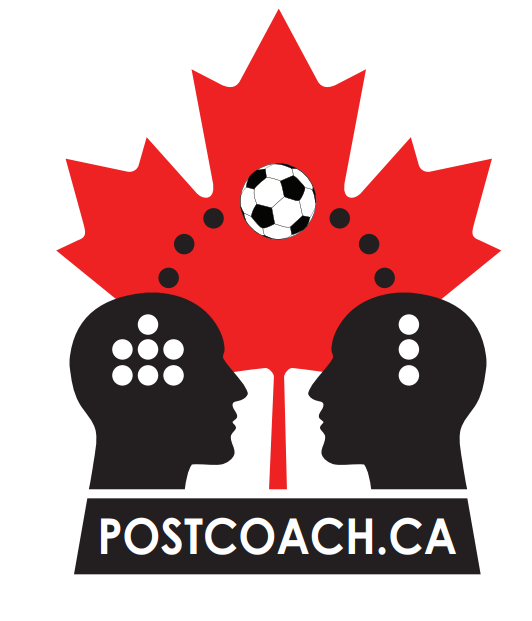HOW CANADIAN VARSITY SOCCER IS STILL HURTING YOUNG SOCCER PLAYERS – AND WHAT CAN BE DONE TO CHANGE IT
Courtesy of Richard Bucciarelli and the Speed Training Lab and High Performance Center. November 18, 2021

IF THE REST OF THE WORLD HAS BEEN ABLE TO STRUCTURE THEIR COMPETITIVE SOCCER SEASONS SO THAT THEY AVERAGE CLOSE TO 1 MATCH PER WEEK, THERE IS NO REASON FOR CANADA NOT TO FOLLOW SUIT.
College and university athletes are getting hurt, but there’s an easy way to prevent it.
Six years ago, I wrote a similar article about the Ontario and Canadian inter-college and university soccer competitive schedules. Since then, nothing has changed.
The original article (which appeared in Inside Soccer Magazine, and on the Red Nation Online website) discussed some of the problems with the current university soccer schedules here in Ontario and Canada – primarily the fact that too many games were being played without sufficient time off in between games.
This is a revised and updated version of the article. My hope it that motivates people involved in varsity soccer to seek out better ways to of planning the season, for the safety and protection of young soccer players nationwide.
WHEN PLAYERS PLAY MORE THAN ONE 90+ MINUTE MATCH PER WEEK, THEY WILL EXPERIENCE BOTH A SIGNIFICANT DECREASE IN MUSCULAR STRENGTH, SPEED, POWER, AND ENDURANCE, AS WELL AS A SIGNIFICANTLY INCREASED RISK OF OVERTRAINING AND INJURY DUE TO INADEQUATE REPAIR AND RECOVERY FROM MUSCLE DAMAGE CAUSED DURING THE MATCH.
We are now approaching the end of November. For college and university soccer players, if you’re lucky enough to still be playing by this time of year, it means you have progressed deep into the play-offs and you are qualifying for the National Championships, which – like the 2021 regular seasons – have been pushed back, and will take place over the weekend of November 18th-21st.
It also means you’re on your last leg – not just of the season, rather, your body is breaking down. You are experiencing a significant decrease in muscular strength, speed, power, and endurance. There’s also a high likelihood that you are suffering from injury, or you will be injured during the playoffs
Should playing your sport cause this much damage? Is this part of the game?
In college and university soccer, the play-offs and National Championships are microcosms of the competitive season, with multiple 90+ minute matches scheduled over a very short period of time, including several instances of back-to-back matches, as well as periods of time with 3 games played over just 4 days. As an example, take a look at this year’s Canadian Collegiate Athletics Association (CCAA) and Canadian Interuniversity Sport (U-Sports) men’s National Championship tournament schedules:


MOST – IF NOT ALL – OF THE WORLD’S LEADING AUTHORITIES IN SOCCER-SPECIFIC SPORTS SCIENCE HAVE ALSO RECOMMENDED THAT PLAYERS DO NOT CONSISTENTLY PLAY MORE THAN ONE MATCH PER WEEK IN THEIR COMPETITIVE SEASONS.
Of course, in order to get to the National Championships, teams need to have qualified from the play-offs, which are scheduled in a very similar way. Typically, the first play-off matches in college and university soccer begin between 3-6 days after the conclusion of the regular season. In Ontario, the play-offs finish with the Ontario Collegiate Athletic Association (OCAA) Championships, and the Ontario University Athletics (OUA) Final Four, both of which comprise multiple 90+ minute matches played over a 3-7 day timespan. Below is a summary of these schedules for men’s soccer in 2021:


Working backwards, in order to qualify for the play-offs, teams must undergo the OCAA and OUA competitive seasons, both of which pack two and sometimes even three 90-minute matches per week, every week, from the beginning of September until the end of October. Here is what the 2021 OCAA and OUA competitive schedules looked like:
OCAA MEN’S SOCCER COMPETITIVE SEASON:
6 matches played from Sept. 17 to Oct. 12
Total of 6 matches in 3.5 weeks = 1.7 matches per week
OUA MEN’S SOCCER COMPETITIVE SEASON:
10 matches played from Sept. 23 to Sun Oct 31
Total of 10 matches in 5.5 weeks = 1.8 matches per week
The data is clear. This kind of match schedule increases the risk of injury. So why are we still subjecting student-athletes to these schedules?
All of the scientific research done on intensity and loading in soccer demonstrates that only 1-2 days of recovery between full 90+ minute matches is associated with a significantly increased injury risk.
A couple studies of note:
- Bengston et al. (2013) found that injury rates increased 30% when there were less than or equal to 4 days of recovery between matches, as opposed to greater than or equal to 6 days of recovery, in clubs participating in the 2012 UEFA Champions League
- Dupont et al. (2010) found that injury rates increased by over 4 times when professional players played 2 games per week as opposed to 1 game per week, and furthermore, that even 72-96 hours (3-4 days) of recovery between games was not sufficient to significantly lower injury rates
Most – if not all – of the world’s leading authorities in soccer-specific sports science have also recommended that players do not consistently play more than one match per week in their competitive seasons.
This is because when players play more than one 90+ minute match per week, they will experience both a significant decrease in muscular strength, speed, power, and endurance, as well as a significantly increased risk of overtraining and injury due to inadequate repair and recovery from muscle damage caused during the match.
Compounding the problem for college and university soccer is that the great majority of the players are in school between the ages of 18-22, so their bodies are not fully physically and physiologically developed for this type of play, and are at an even greater risk of injury.
Several of the world’s most prominent soccer coaches and fitness coaches, including Jens Bangsbo of the University of Copenhagen, Raymond Verheijen of the World Football Academy, and Jurgen Klinsmann, former Head Coach of the United States Men’s National Soccer Team, have been critical of college and professional competitive leagues that require players to play more than one 90+ minute match per week.
In fact, Klinsmann was one of the harshest critics of the National Collegiate Athletic Association (NCAA) soccer schedule (which also comprises an average of 2 matches per week), criticism which eventually led to a proposed change to a full academic year schedule (September to May) that took effect in 2016-2017 season.
If the rest of the world has been able to structure their competitive soccer seasons so that they average close to 1 match per week, there is no reason for Canada not to follow suit.
Competing in college and university soccer in Canada is a unique and rewarding experience. For the great majority of young players who do not advance into the Canadian National Teams the professional game, competing for their school team represents the highest competitive level they will achieve in their careers.
If the CCAA and U-Sports are truly concerned with the long-term development and overall health of the young soccer players competing in their leagues, they should seriously consider revising their competitive schedules, to lengthen the season or to decrease the frequency of number of matches played to a maximum of 1 match per week.
REFERENCES:
Bengtsson H, Ekstrand J, Hägglund MMuscle injury rates in professional football increase with fixture congestion: an 11-year follow-up of the UEFA Champions League injury studyBritish Journal of Sports Medicine 2013;47:743-747.
Dupont, G., Nedelec, M., McCall, A., McCormack, D., Berthoin, S., & Wisløff, U. (2010). Effect of 2 soccer matches in a week on physical performance and injury rate. The American journal of sports medicine, 38(9), 1752–1758.

Richard Bucciarelli
Richard Bucciarelli, MS, B.Kin., R.Kin, CSCS, CSEP-CEP, USSF “A,” is a professional fitness coach, sports scientist and coach educator, and the owner of Soccer Fitness Inc., a soccer-specific strength and conditioning company in Toronto. Richard was an assistant coach previously with the York University men when they won the U-Sport National Championship in 2010, and has been part of the Ridgebacks women’s soccer team since its inception in 2012. He has continued to work with the team up to and including their third place finish at the OUA Final Four and subsequent qualification for the 2014 U SPORTS National Championship tournament. He returned to Ontario Tech in 2019 to take on a role as assistant coach and fitness coach with the men’s and women’s teams.
Richard has worked at some of the highest levels of the game both in Canada and internationally including: the Canadian national women’s teams, Toronto FC Academy, the Uruguayan Segunda (second division) with Canadian SC Uruguay, the United Soccer League (USL) with Ottawa Fury FC and several Canadian college and university teams.
Richard is presently completing his PhD in human health and nutritional sciences with a specialty in biomechanics of speed and acceleration training in soccer players, at the University of Guelph (expected 2020). He has presented his research at some of the world’s largest and most prestigious soccer-specific sports science and coaching conferences, including the World Congress on Science and Football, the World Conference on Science and Soccer, the National Soccer Coaching Convention, the Ontario Soccer Summit and the Futsal Canada Conference.
Richard holds certifications as a FIFA 11+ instructor, Sport for Life movement preparation instructor and Ontario Soccer learning facilitator. He works as a professor of exercise science and physiology at George Brown College in Toronto, provides coaching education for Ontario Soccer, Canada Soccer and the National Soccer Coaches Association of Canada and has had over 50 of his articles published in research journals, books and soccer magazines.



